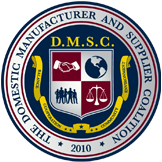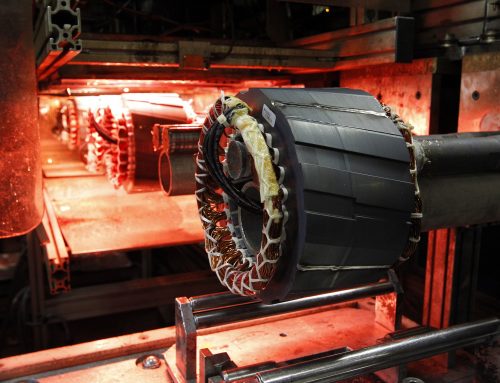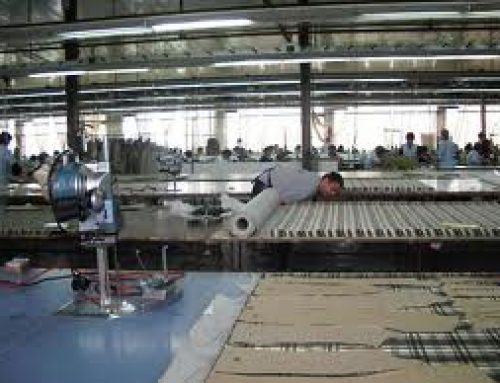Over the years, corporations have learned that they can boost their bottom lines, shareholder returns and executive performance bonuses by arbitrating labor across national boundaries, otherwise know as out-sourcing / offshoring . High value-added jobs in manufacturing and in trad-able services can be relocated from developed, to developing countries where wages and salaries are much lower.
When manufacturing jobs began leaving the U.S., economist gave their assurances that this was a good thing. Jobs that required little education would be replaced with new high-tech service jobs requiring university degrees, thus the American workforce would be elevated to a high-tech, high wage society. The plan: The U.S. would do the innovating, design, engineering, financing and marketing while poor countries such as China would manufacture the goods that Americans invented. High-tech services were to be a new source of “value-added” that would keep the American economy preeminent in the world.
The D.M.S.C would then ask why would economist think that it would stop there. If it pays corporations to ship out high value-added manufacturing jobs, it must also pay to ship out high value-added service jobs. And that is exactly what U.S. corporations have done with government support. The way we have seen corportations and our government answer this question, makes it impossible for the United States to remain the front runner in research, innovation, design and engineering when the country ceases to make things. Research and product development invariably follow manufacturing to support the manufacturing operations that have located there. It turns out that product development which was to be America’s replacment for manufacturing jobs, is the second larget business function that is offshored.
Job offshoring is no longer mainly associated with locating IT services and call centers in low-wage countries. Job offshoring has reached maturity, “and now the growth is centered around product and process innovation” according to Dr. Roberts. More than half of U.S. companies are now engaged in offshoring and the practice is no longer confined to large corporations. Small companies have discovered that offshoring of innovation projects can significantly leverage limited investment dollars. There are high growth rates in the offshoring of core functions such as finance, accounting and human resource jobs which have increased at an annual rate of 35%
What can be done? The D.M.S.C. believes that the U.S. economy has been seriously undermined by offshoring but at the same time creates market compettion which is necessary for a healthy economy. It has been suggested that the American market and living standards could be rescued by tariffs that offset the lower labor and compliance costs abroad. Another alternative, suggested by Ralph Gomory, would be to tax U.S.corporations on the basis of the percentage of their “value added” in the U.S. The more value added to a company’s product in America, the lower the tax rate on the profits.
The highly skilled U. S. workforce is being gradually transformed into a domestic service workforce characteristic of third-world economics. If anyone doesnt beleive this happening check out the recent article as of July 18 2011, on how an American company is producing an important Chinese product-chopsticks; because China is now running short on one of it’s natural resources- what’s next water? Perhaps that is how we will one day be forced to pay our foreighn debt holders back.
The D.M.S.C is asking for your support so that we can help “tip” in favor, back toward American manufacturing base- “we believe, it’s the right thing to do”.
— Dr. Roberts held the William E. Simon Chair in Political Economy at CSIS at George Town University and was Senior Research Fellow in the Hoover Institution at Standford University. He served as Assistant Secretary of Treasury in the Reagan administration.




